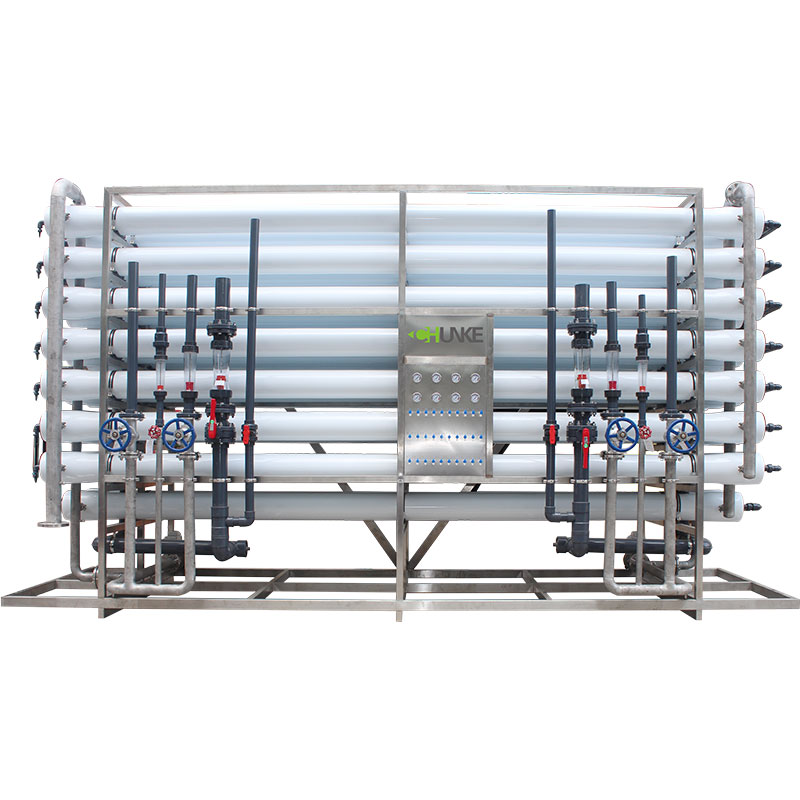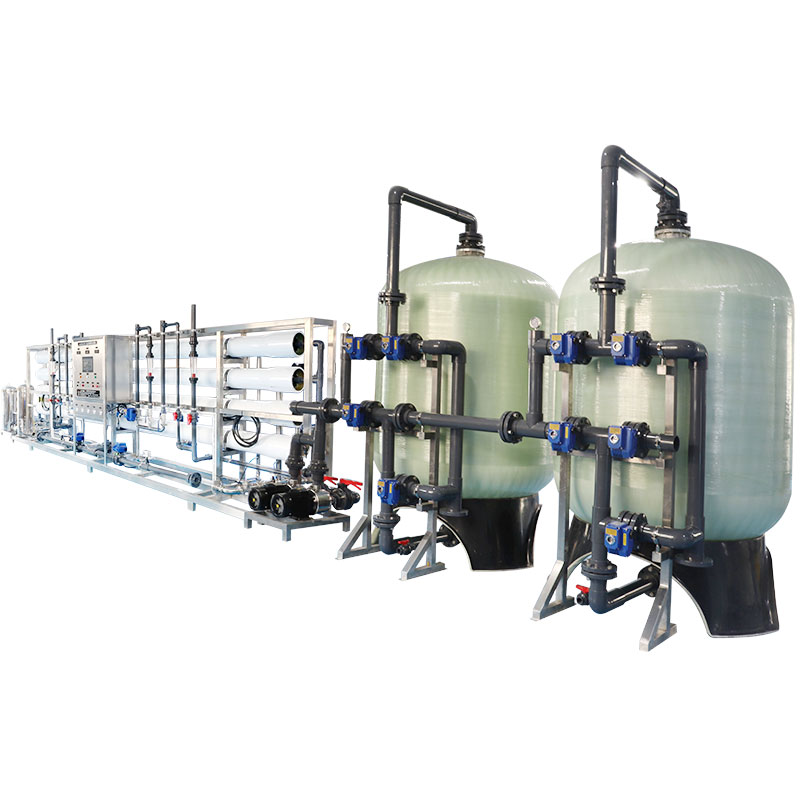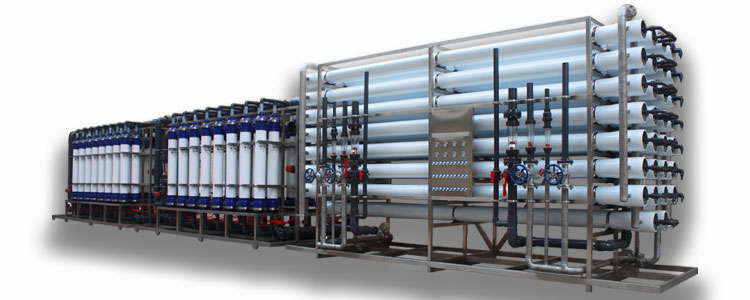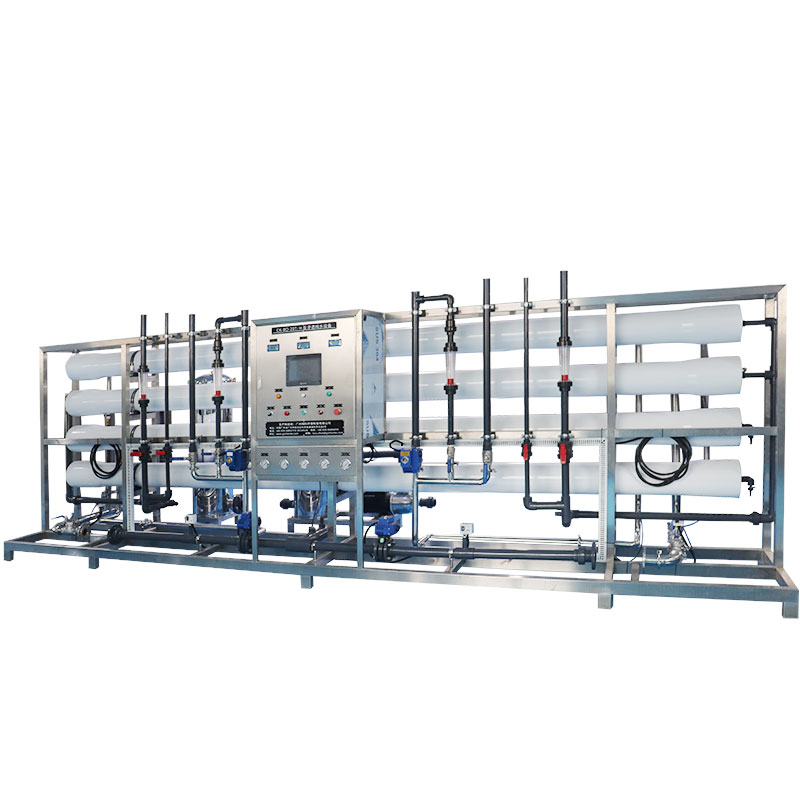What is the best greywater system for home use?
With the improvement of environmental awareness, more and more families are beginning to pay attention to how to reduce water waste in daily life. In this context, the household greywater system has gradually become the focus of many people. This system can collect relatively clean wastewater in the home (such as shower water, hand washing water and washing machine water) and use it for non-drinking purposes such as flushing toilets and watering gardens after treatment, thereby reducing water consumption and sewage discharge.
This article will discuss in detail the most suitable greywater system for home use and its cost to help readers understand how to implement this environmental protection measure at home.

What is a greywater system?
A greywater system is a system that treats and reuses household wastewater (excluding toilet wastewater, i.e. black water). Greywater sources usually include water used for showering, hand washing, washing machines, kitchen sinks, etc. Unlike blackwater, greywater does not contain serious pollutants, so it can be reused after proper treatment. A typical greywater treatment system includes the following steps:
1. Collection: Collect the household's greywater through pipes into a dedicated water storage tank.
2. Filtration: Physical filters are used to remove solid impurities such as hair and soap scum from the greywater.
3. Biological treatment: Organic matter in the greywater is broken down through biological filters or natural treatment by the roots of wetland plants.
4. Disinfection: Disinfection methods such as ultraviolet light or chlorine are used to ensure that the greywater is pathogen-free and suitable for reuse.
5. Storage and distribution: The treated greywater is stored in a tank and distributed through a separate pipe system for uses such as watering the garden, flushing the toilet or washing the car.
What are the types of greywater systems for households?
When choosing a greywater system for your home, it is important to understand the different types of greywater systems, their functions and costs. Common household greywater systems can be divided into the following categories based on the sophistication and automation of the treatment technology:
1. Simple filtration system
This is the most basic greywater treatment system, which mainly removes solid impurities from the greywater through physical filtration. The system includes one or more filters to filter the greywater generated by bathing or washing machines. The filtered water can be directly used for garden irrigation. Simple filtration systems are low-cost and suitable for households with limited budgets and only need to reuse small amounts of greywater.
● Advantages: Low installation and maintenance costs, simple operation.
● Disadvantages: Limited treatment effect, only suitable for garden irrigation, not for other purposes such as flushing toilets.
2. Wetland treatment system
Wetland treatment systems treat greywater by simulating natural wetland environments and using plant roots and microorganisms. This type of system usually builds an artificial wetland in the home garden or courtyard to filter pollutants in the greywater through plants. The treated water is relatively clean and can be used for irrigation, more extensive gardening purposes, and even flushing toilets.
● Advantages: Good treatment effect, eco-friendly, suitable for families with courtyards.
● Disadvantages: Large footprint, high initial construction cost, and requires certain maintenance.
3. Automated greywater treatment system
The automated greywater treatment system is the most technologically advanced household greywater system. It can efficiently treat greywater to a quality close to clean water through multi-stage filtration, biological treatment and disinfection. The system is usually controlled by an integrated unit and can operate automatically, and the user only needs to perform regular maintenance. The treated greywater can be used for irrigation, flushing toilets, and even laundry.
● Advantages: strong processing capacity, high degree of automation, excellent water quality, suitable for a variety of household applications.
● Disadvantages: high cost, installation and maintenance require expertise.

What is the best greywater system for home use?
Choosing a greywater system depends on the actual needs of the family, budget and geographical location. The following factors can help families make the right choice:
1. Budget: Budget is an important consideration when choosing a greywater system. Simple filtration systems are suitable for families with limited budgets, while wetland treatment systems and automated greywater treatment systems are suitable for families willing to invest more money.
2. Water demand: If the family only needs to use greywater for garden watering, a simple filtration system is sufficient. If you want to use greywater for more purposes, such as flushing toilets and washing cars, you need to choose a more complex system.
3. Space and environment: Wetland treatment systems require a certain amount of outdoor space, so they are only suitable for families with courtyards or gardens. Urban apartments may be more suitable for automated greywater treatment systems because they occupy less space.
4. Maintenance capability: Simple filtration systems and wetland treatment systems require some manual maintenance, while automated systems are more convenient, but the maintenance cost is relatively high.

How much does a home greywater system cost?
The cost of a greywater system includes the initial installation cost and subsequent maintenance costs. When conducting a cost analysis, the following factors are particularly important:
1. Installation cost
● Simple filtration system: The installation cost is relatively low, usually between a few hundred dollars and a few thousand dollars. The system mainly consists of filters and water storage tanks, with low material costs and simple installation, suitable for DIY installation.
● Wetland treatment system: Due to the need to build artificial wetlands, the initial construction cost is high, usually between a few thousand dollars and tens of thousands of dollars. The cost mainly includes the purchase and construction costs of soil, plants, and piping systems.
● Automated greywater treatment system: This is the most expensive option, with installation costs usually between $10,000 and tens of thousands of dollars. The system contains multiple treatment units, and installation requires professional operation.
2. Maintenance cost
● Simple filtration system: The maintenance cost is low, mainly including regular replacement of filters and cleaning of water storage tanks. The annual maintenance cost is usually around a few hundred dollars.
● Wetland treatment system: The maintenance cost is relatively moderate, mainly involving the management of plants and the inspection of the piping system. The annual maintenance cost is usually between a few hundred dollars and a few thousand dollars.
● Automated graywater treatment system: The maintenance cost is higher, and the system requires regular inspections and professional maintenance. The annual maintenance cost may be around a few thousand dollars.
3. Long-term benefits
Although the initial investment of the graywater system is high, in the long run, the household graywater system can significantly reduce the cost of water use, especially in arid areas or places with water shortages. In addition, the graywater system can also reduce sewage discharge and play a positive role in environmental protection.

Conclusion
Choosing the most suitable graywater system for home use can not only effectively save water resources, but also save water bills for the family. Different types of graywater systems have their own advantages and applicable scenarios. Families should choose the most suitable system according to their own needs and budget. Through reasonable selection and use, the graywater system can not only bring economic benefits, but also contribute to the cause of environmental protection.




